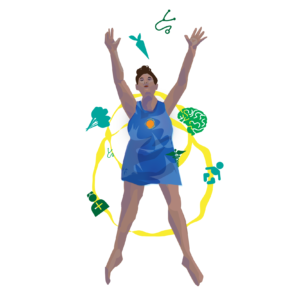 March 8, 2019: As March 10 rolls around each year, organizations stage events, issue statements, and pump out tweets for National Women and Girls HIV/AIDS Awareness Day (NWGHAAD). The day is important to observe: Nearly four decades into the epidemic, HIV is far too often still thought of and misrepresented as a “gay men’s disease,” even though women continue to comprise nearly a quarter of all people living with HIV in the U.S. and 19% of new diagnoses. Where these NWGHAAD activities frequently miss the mark, however, is in an exaggerated focus on shifting individual behaviors (“Make him wrap it up!” “Value yourself! Reduce your number of partners.”) at the expense of examining how we can focus our advocacy to fundamentally alter the root causes of the epidemic in the U.S.
March 8, 2019: As March 10 rolls around each year, organizations stage events, issue statements, and pump out tweets for National Women and Girls HIV/AIDS Awareness Day (NWGHAAD). The day is important to observe: Nearly four decades into the epidemic, HIV is far too often still thought of and misrepresented as a “gay men’s disease,” even though women continue to comprise nearly a quarter of all people living with HIV in the U.S. and 19% of new diagnoses. Where these NWGHAAD activities frequently miss the mark, however, is in an exaggerated focus on shifting individual behaviors (“Make him wrap it up!” “Value yourself! Reduce your number of partners.”) at the expense of examining how we can focus our advocacy to fundamentally alter the root causes of the epidemic in the U.S.
This National Women and Girls HIV/AIDS Awareness Day, Positive Women’s Network – USA invites you to join us in mobilizing for the systemic change that has the most potential to end the epidemic while producing better health outcomes for women living with and vulnerable to HIV: universal health care. Urge your Members of Congress and all Presidential hopefuls to support the Medicare for All Act of 2019!
61% of new HIV diagnoses among women in the U.S. are Black women—despite the fact that Black women are no more likely to engage in sexual behavior associated with HIV transmission, such as condomless sex with multiple partners, than white women, and are less likely to use IV drugs. It is no coincidence that Black women, particularly those diagnosed with HIV, are more likely to live in poverty and to lack access to comprehensive health insurance—especially in the South, the epicenter of the domestic epidemic, where a majority of Republican-led state governments declined to expand Medicaid.
Rates of new HIV incidence correlate strongly with access to health care, or lack thereof, and the reason is no mystery: Scientists agree that a person living with HIV on treatment who maintains an undetectable viral load for at least 6 months cannot transmit the virus to their sexual partners—even without condoms. But as long as the communities already most impacted by HIV continue to lack access to preventive care and comprehensive coverage, the full potential of Undetectable = Untransmittable (U=U) will never be realized—and Black women will continue to die preventable deaths.
It’s time to stop talking about condoms for all and start talking about Medicare for All.
At the end of last month, Rep. Pramila Jayapal (D-WA) introduced, along with a record-breaking over 100 co-sponsors in the House, a sweeping new health care bill that would cover hospital visits, primary care, medical devices, lab services, maternity care, prescription drugs, long-term care, dental care, vision care, and even abortion for all U.S. residents, regardless of income, without cost-sharing.
Although many may argue that it will be challenging to pass a Medicare for All proposal with the current Senate and White House, that doesn’t mean it’s impossible or out of reach. Multiple Democratic presidential candidates are running on Medicare for All as a part of their platforms, and Medicare for All was a rallying cry in the 2018 midterm election cycle. Every major industrialized country in the world except for the United States has some form of universal health care. You can learn more about universal health care and single payer models of health care here.
As HIV advocates, we know better than anyone: what seems impossible can be done. Let’s make sure our Members of Congress and every presidential candidate know: Medicare for All is a top priority for our community and they won’t win without us.
5 things you can do to take action on #Medicare4All today:
- Call your representative in the House. Ask if they are co-sponsoring Rep. Jayapal’s Medicare for All Act of 2019. If yes, thank them! If no, tell them you urge them to sign on to the bill. Explain why it’s important to you as someone living with/affected by/concerned about HIV. Share a personal story if you have one.
- Write a letter to the editor or an op-ed for your local newspaper. Share why this issue is important to you and people you love and how it will benefit people in your city or state.
- Find out if your members of Congress are hosting a town hall soon—and show up! Be prepared to ask for their support on Medicare for All—and don’t take “maybe” for an answer. Get a yes or no. Here are some tips on birddogging.
- Talk to your friends, neighbors, family, and coworkers about Medicare for All. Here’s an FAQ on Medicare for All that can be helpful to answer the questions and critiques folks often have.
- Educate yourself on universal health care with PWN’s policy agenda and resources and brush up your advocacy skills with PWN’s new Guide to Advocacy for People Living with HIV. This is going to take at least months, if not years, of advocacy to achieve. We are in it to win it! Make sure you have the information and skills you need to be as effective as possible.



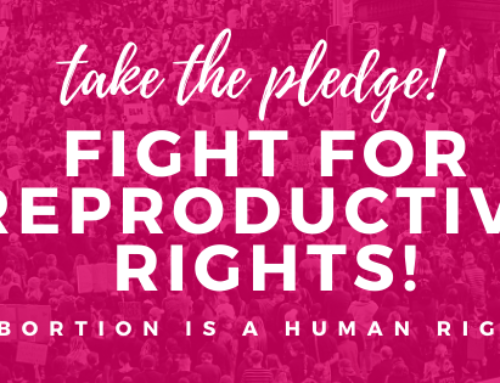
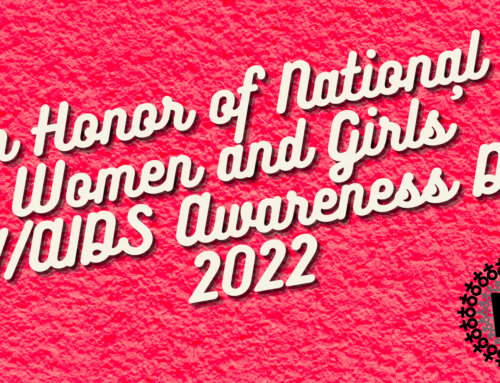
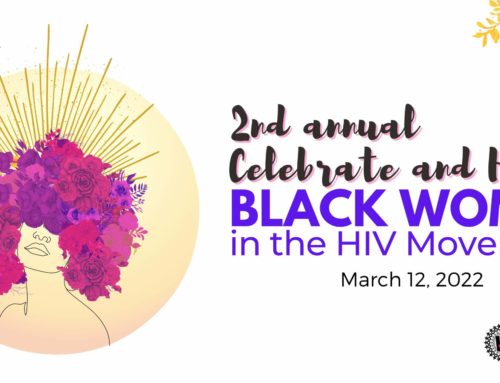
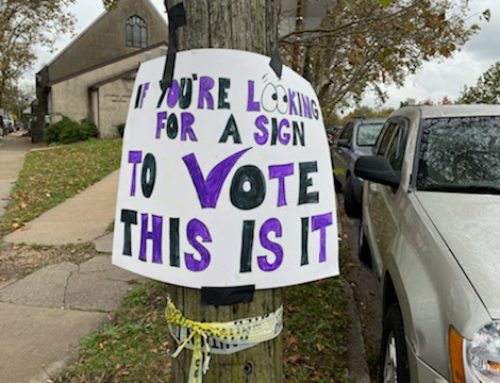
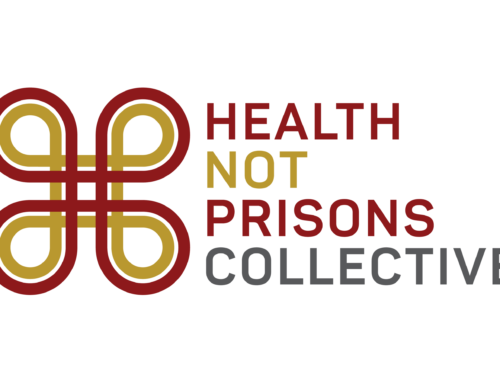
“Last chance to find out …”.
This is a teacher’s address to parents of graduates of schools and their teachers.
Do you think you should start worrying about the independent lives of your children right now?
In each new school year, I had to conduct two mandatory lessons on HIV / AIDS in senior classes, which are always positively perceived by children. And for the teacher conducting a lesson has always been easy, without stress, because the teaching method was specifically designed for teachers with any level of training on this topic. From the many years of practice teaching this topic, it was concluded that every adult can and should contribute to HIV prevention.
We must help the youth! Absolutely everyone can do it, regardless of financial condition. For example, even if a person simply shares this information that in international practice there are specific lessons on HIV / AIDS prevention for high school students. And this person who shares this information will surely save the lives of several young people at once. These lessons have such power! And it’s always easy to check! Simply, children should get an opportunity to learn about the rules of survival in the modern world during the global HIV / AIDS epidemic! But only on special lessons meant for them. Other chaotic information without tracking perception of the topic may not protect young people from the danger of infection.
Dear parents and teachers! Take advantage of this last chance for your children and teach them to protect themselves from HIV / AIDS before they leave school. Do not be indifferent to the fact that your children can leave school without this special knowledge! Check out this situation with queries at the level of parent associations! After all, the state guarantees high school students such knowledge! The question is whether parents and teachers will be interested in these special lessons and will they want to use them! Do not leave your children alone with a dangerous HIV / AIDS disease!
To Study this Topic You Will Need:
1. HIV/AIDS Prevention: Workbook for High School Students (author: S. Vorozhbytova).
2. HIV/AIDS Prevention: Methodical Recommendations for the Teacher: 2 Lessons for a Safe and Healthy Life (author: S. Vorozhbytova).
3. HIV / AIDS Prevention: Tests for High School Students (author: S. Vorozhbytova).
All of them are published on Amazon.com: Books.